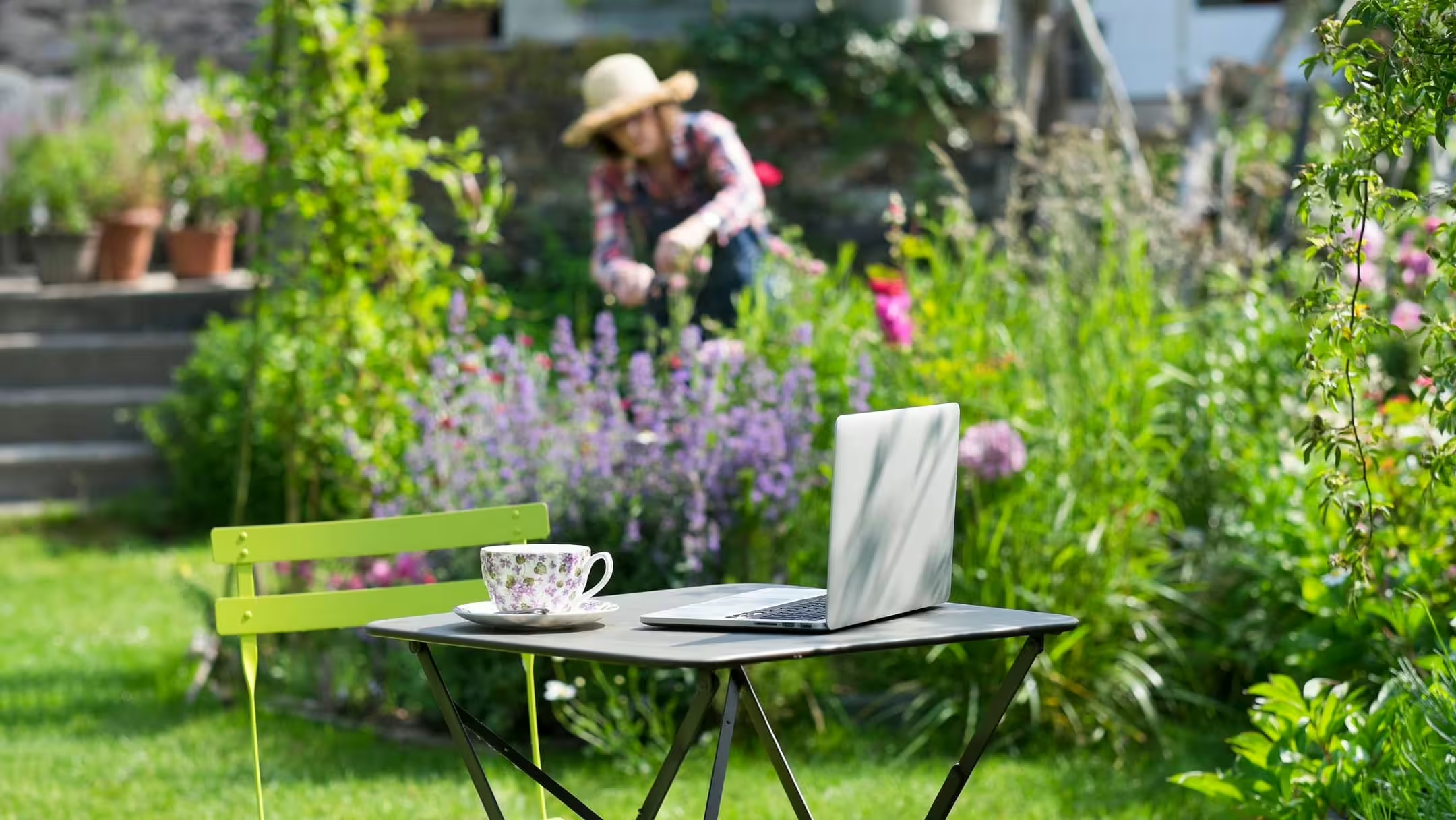Postponing tasks until the last minute (or even beyond the deadline) negatively affects work and study quality. It can even lead to depression and feelings of self-doubt. However, procrastination is not always a bad thing! In this article, I would like to shed some light on active procrastination and productive procrastination, which are not problematic at all!
Confession: I am jealous!
When I started my deep dive into procrastination, its causes, and its consequences, I was very intrigued. My research on the topic helped me understand my own behavior, and I almost felt normal. Everybody procrastinates.
I remember talking about procrastination with my husband, and he immediately said: ‘Oh, I do that too! I should be working on a presentation, but instead, I find myself developing a plugin.’ While I do think that Joost starts working on things rather late, he’s clearly a different kind of procrastinator than I am. I am actually somewhat jealous because he does useful stuff while procrastinating. Whereas when I procrastinate, I shop online and endlessly scroll through social media. I end up buying things I don’t need or find myself watching TikToks of puppies and babies. I am clearly not a productive procrastinator. I am not an active procrastinator. And I don’t think I’ll ever become one. And that’s OK, too.
Why is procrastination problematic?
Procrastination is usually defined as the act of delaying. Usually, without intending to, you’ll delay or won’t do the work you’re supposed to be doing and choose something more rewarding instead.
Research shows that about one-fifth of adults and half of students perceive themselves as severe and chronic procrastinators. Procrastination is not a psychiatric diagnosis but has been shown to be associated with increased stress and anxiety, exacerbation of illness, and poorer performance in school and work. So, it’s not good.
Active procrastination
In 2005, Chu and Choi described active procrastination. Some people deliberately and consciously postpone tasks. These people seem to be intentionally seeking that pressure imposed by a proximal deadline and do so without diminishing their performance. While these active procrastinators perhaps pull an all-nighter, they do this fully aware and intentional, making all the difference. Active procrastination is positively correlated with a sense of control over the use of time, emotional stability and life satisfaction. Active procrastinators don’t experience the feelings of guilt or low self-worth that passive procrastinators are often accustomed to.
What happens is that, when a deadline approaches, passive procrastinators feel pressured and become pessimistic in their outlook. They feel stressed out and insecure about about their ability to achieve good results. They experience more self-doubt and feelings of guilt and depression. Active procrastinators, on the other hand, like to work under pressure. When faced with last-minute tasks, they feel challenged and motivated. That motivation appears to keep them from the suffering common in passive procrastinators.
The work is done, they’re happy, they are productive. Oh, how I wish I was an active procrastinator.
Productive procrastination
And then there’s productive procrastination. Some scientists have also called it structured procrastination. It’s another form of procrastination that’s not at all bad. The main characteristic is that while procrastinating, you do something useful. We all know that person who cleans the house when they are supposed to do something else. You’re procrastinating, but you’re also doing something productive.
My husband definitely is such a procrastinator. He avoids the task he should be doing but gets really productive and actually gets a lot of work done. Admittedly, he did not do the work that needed to be done the most, but he did a lot of useful other stuff. Being a productive procrastinator, however, can still lead to unfinished tasks and that is not good for the quality of your work or study. It could also lead to feelings of failure, guilt and self-doubt. So, it’s not all good news here.
If you know you are a productive procrastinator, you should use it to your advantage. The stress of doing one thing could lead you to be very productive (and end up with a very clean house). Having a lot of deadlines could seriously influence your productivity, the only downside is that some things will just never get done.
The difference between productive and active procrastinators
When first reading the research about these two types of positive procrastinators, I felt they were largely similar. And to an extent, they are similar. Both types of procrastinators do useful things. The main difference is that active procrastinators consciously plan to procrastinate and are fully aware of their decisions to delay. Productive procrastinators are—like passive procrastinators—less aware of their decision to postpone. Both groups end up feeling bad about that.
Now what?
A lot of people procrastinate. One in five people severely procrastinate. Don’t feel bad if you are prone to procrastination or if you’re the passive type (like I am). There are a lot of tools out there that can help you be a little more productive. For your website, we’ve created Progress Planner. And we’ll continue to develop new features for all the procrastinators (active, passive and productive) out there!
